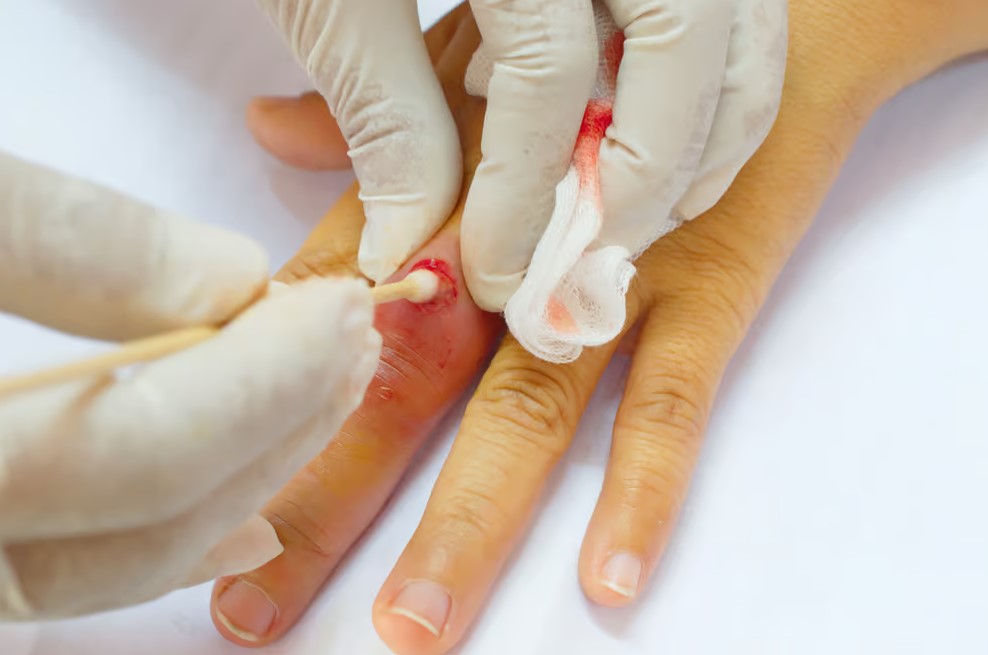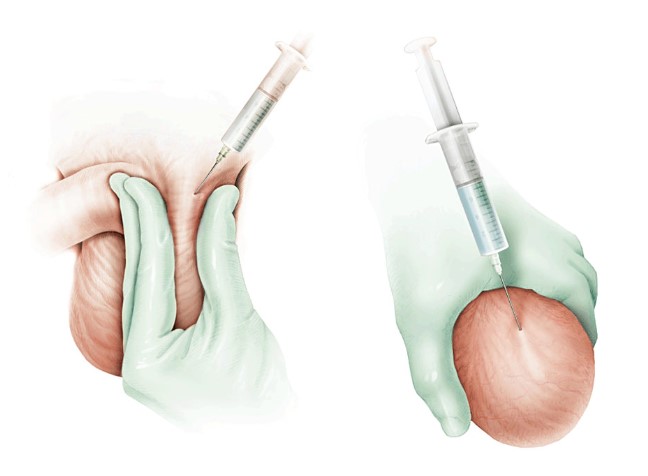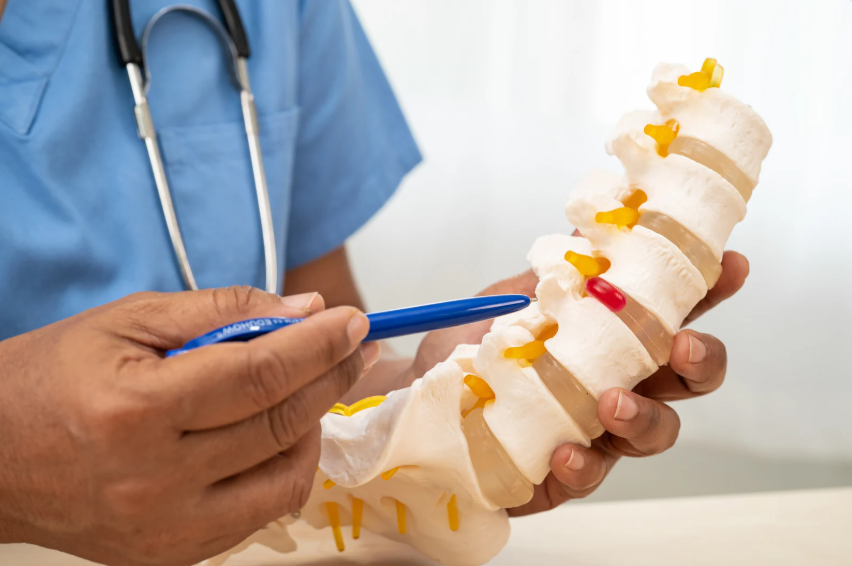Recognizing the signs of vaginismus early can make all the difference in seeking timely and effective care. This condition affects many women, yet it remains under-discussed, leading to unnecessary pain, confusion, and emotional strain. By understanding its symptoms and knowing when to seek help, you can take the first steps toward healing. For those in Fishers, IN, Osteopractic PT of Central Indiana is the best place to begin your journey, offering compassionate and highly specialized vaginismus treatment.
What is Vaginismus?
Vaginismus is a condition where the muscles around the vaginal opening involuntarily contract, making penetration painful or even impossible. It can be classified into two main types:
- Primary vaginismus – where symptoms are present from the first attempt at penetration
- Secondary vaginismus – where symptoms develop later in life after a period without pain
Many myths surround vaginismus, such as the idea that it’s purely psychological. In reality, it often involves both physical and emotional components. A comprehensive vaginismus treatment plan addresses both aspects to help patients achieve lasting relief.
The Importance of Recognizing Early Signs
Early recognition of vaginismus symptoms can prevent years of unnecessary discomfort. Left untreated, the condition can intensify, leading to greater pain, increased anxiety, and more significant emotional consequences. Seeking vaginismus treatment promptly gives you the best chance for a quicker and more complete recovery. Osteopractic PT of Central Indiana provides early assessments to help identify the root cause and create a tailored treatment plan.
Key Signs and Symptoms That Indicate Vaginismus
Pain or Discomfort During Penetration
Pain during intercourse, tampon insertion, or gynecological exams is one of the most common signs. This pain may range from mild discomfort to severe, sharp sensations that make penetration impossible.
Involuntary Muscle Tightening
A hallmark symptom is the involuntary tightening of the pelvic floor muscles, often occurring without conscious control. This spasm-like reaction can make penetration feel blocked.
Persistent Anxiety or Fear About Penetration
Many women with vaginismus develop anticipatory anxiety about penetration, which can worsen symptoms. This fear can occur even when you want to engage in sexual activity or medical exams.
Burning, Stinging, or Aching Sensations
Some women report ongoing discomfort, such as burning or stinging, which may differ from infections or other gynecological issues.
Difficulty with Gynecological Exams
If you dread or avoid pelvic exams because of pain or muscle tightening, this is a strong sign to seek vaginismus treatment from a skilled pelvic floor physical therapist.
Emotional and Psychological Indicators
Vaginismus doesn’t just affect the body—it can impact relationships, self-esteem, and mental health. Feelings of embarrassment, shame, or guilt are common and can lead to avoiding intimacy altogether. Recognizing these emotional signs is just as important as identifying physical symptoms. At Osteopractic PT of Central Indiana, vaginismus treatment includes compassionate support to address these emotional challenges.
When to Seek Professional Help
It’s time to seek professional help when pain or muscle tightening interferes with your ability to have intercourse, undergo gynecological exams, or use tampons. You should also reach out if you notice that fear and anxiety are consistently preventing intimacy. Early consultation with Osteopractic PT of Central Indiana ensures that you receive expert evaluation and a personalized vaginismus treatment plan designed for both comfort and progress.
Treatment Options and Hope for Recovery
Vaginismus is highly treatable, especially when addressed with the right approach. Pelvic floor physical therapy is one of the most effective options, focusing on muscle relaxation, gradual desensitization, and education to reduce fear and discomfort. Osteopractic PT of Central Indiana specializes in evidence-based vaginismus treatment, providing hands-on techniques, guided exercises, and supportive coaching to restore confidence and comfort. With patience, persistence, and expert care, recovery is possible for nearly every woman.
Takeaway
Understanding the signs and symptoms of vaginismus is the first step toward reclaiming your comfort, confidence, and intimacy. If you recognize these signs in yourself, don’t wait—vaginismus treatment works best when started early. For residents of Fishers, IN, and surrounding areas, Osteopractic PT of Central Indiana is the trusted choice for compassionate, effective care that addresses both the physical and emotional aspects of this condition.
FAQ
Q1: Can vaginismus go away on its own?
While some women experience temporary improvement, most require professional vaginismus treatment to achieve lasting results.
Q2: How do I know if my pain is caused by vaginismus or another condition?
A pelvic floor physical therapist at Osteopractic PT of Central Indiana can assess your symptoms and rule out other causes.
Q3: Is vaginismus purely psychological?
No. Vaginismus often has both physical and emotional components, which is why effective treatment addresses both.
Q4: Can vaginismus affect pregnancy or fertility?
While vaginismus doesn’t typically affect fertility directly, it can make intercourse challenging, which may impact conception.
Q5: How long does vaginismus treatment take?
The timeline varies depending on symptom severity and individual progress, but many patients see improvement within weeks to months.











